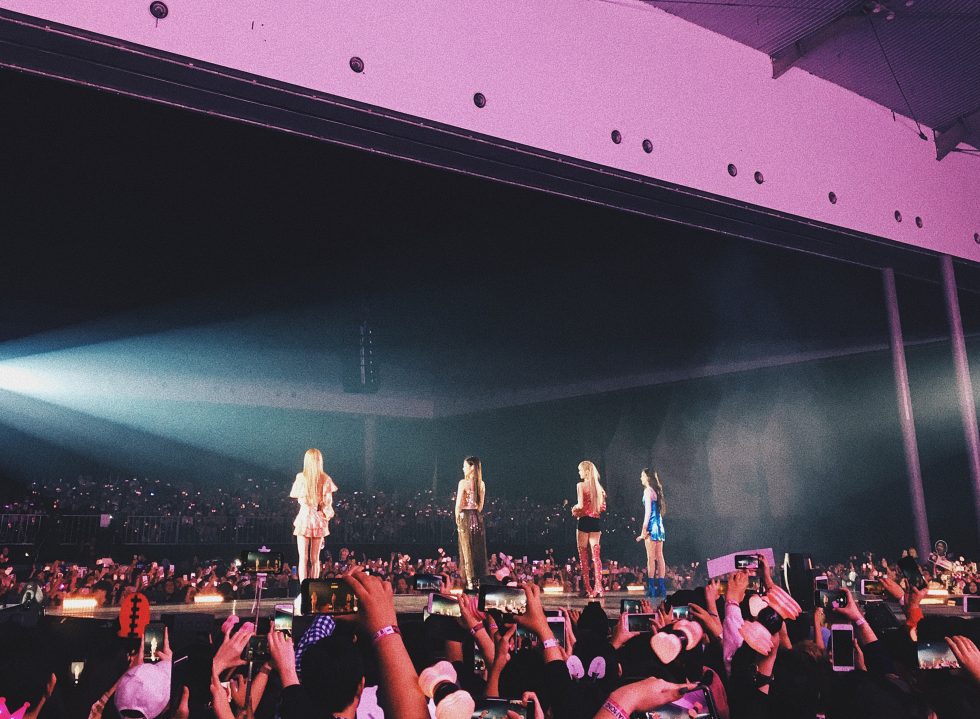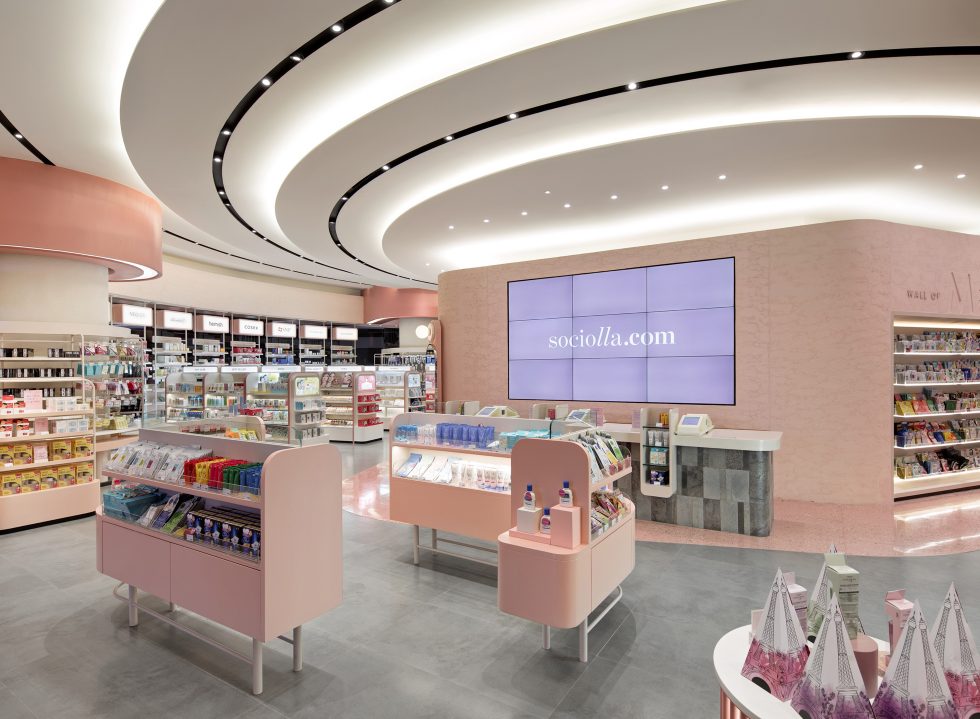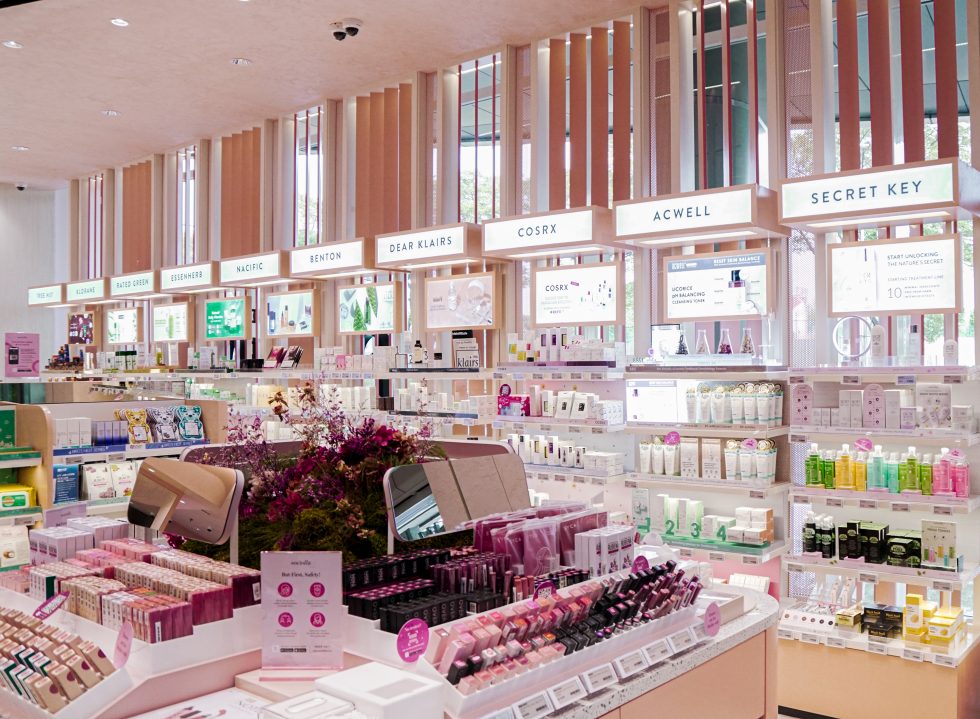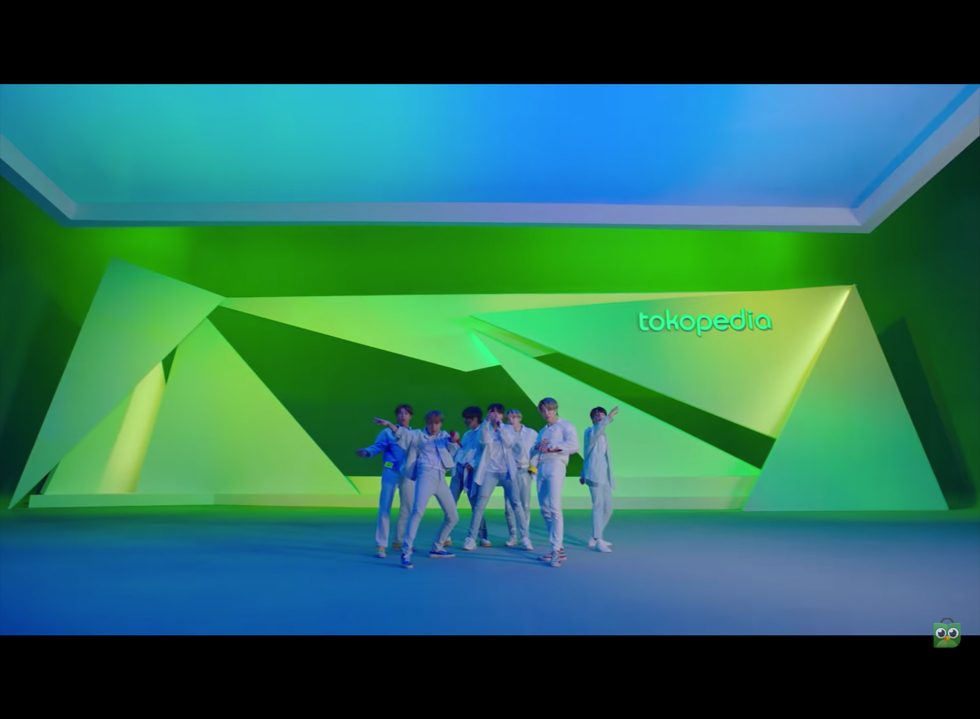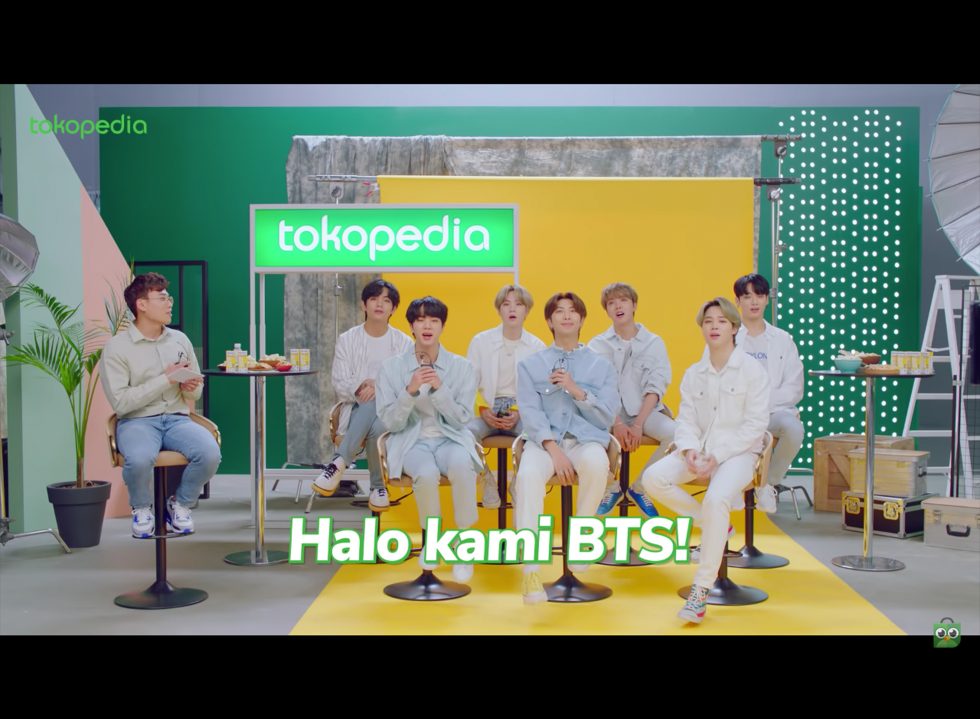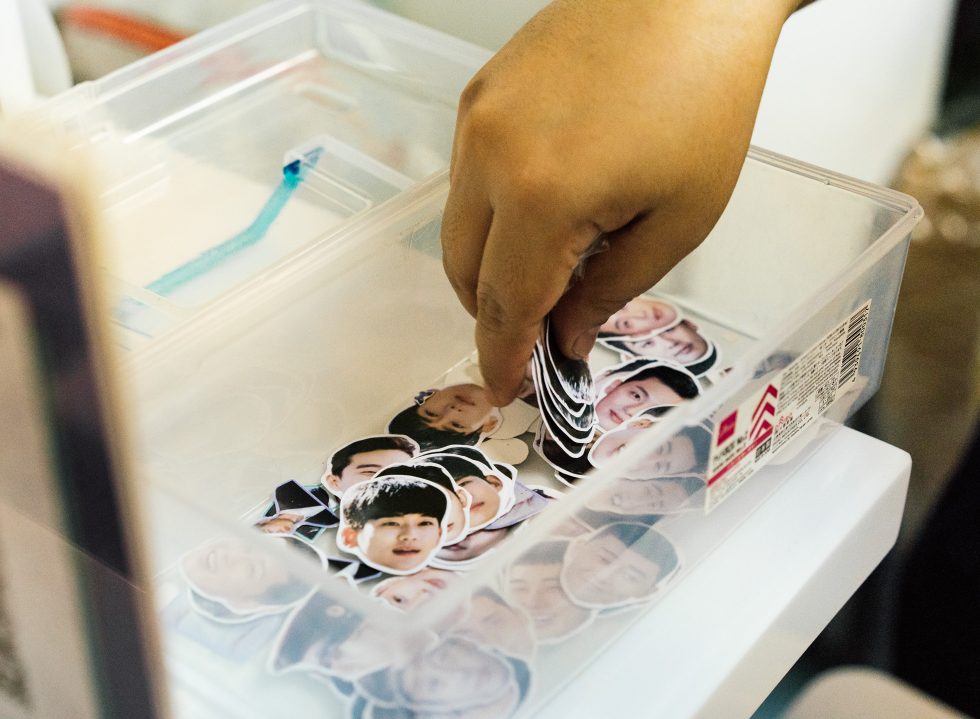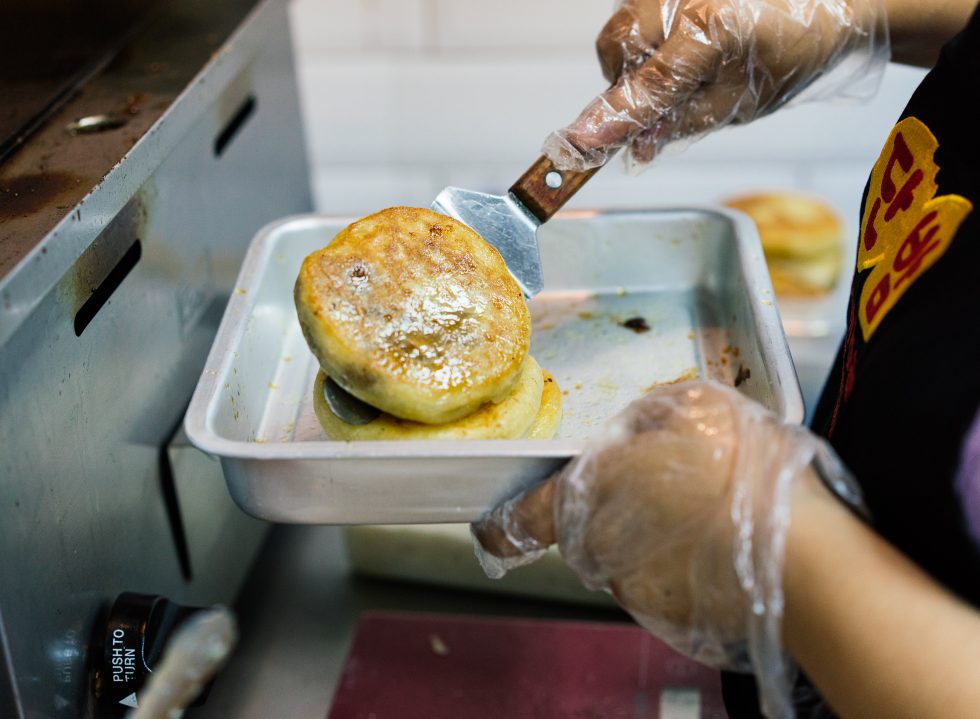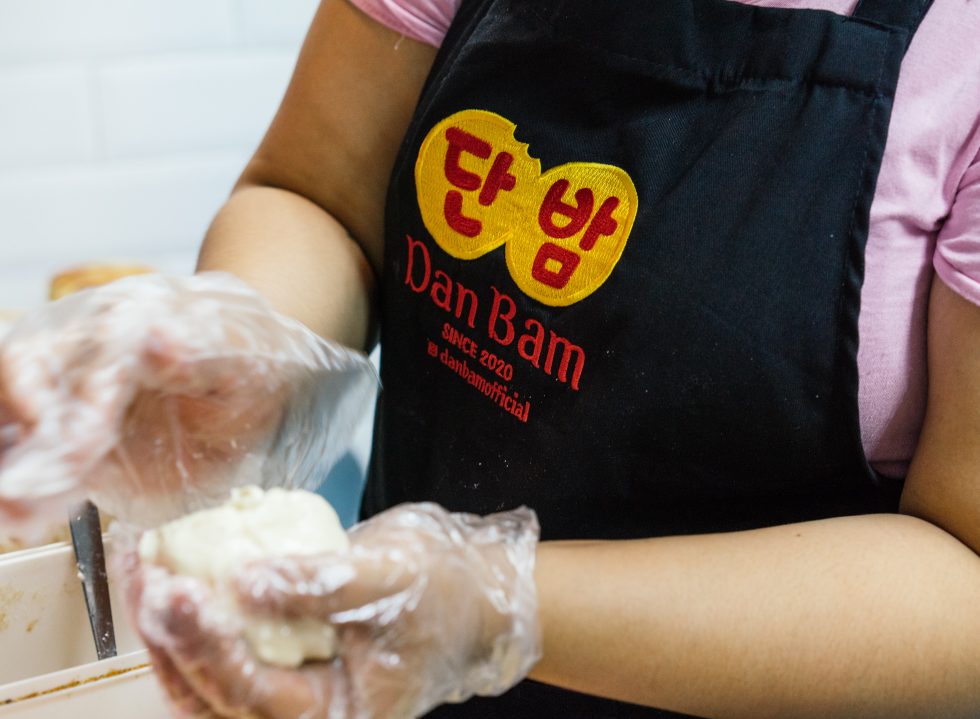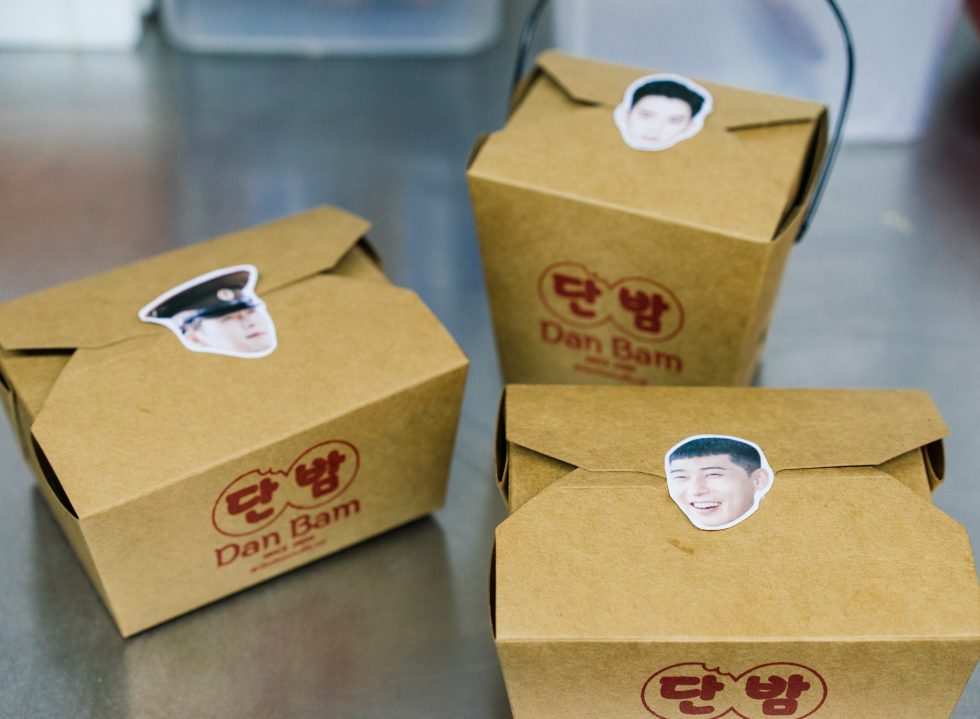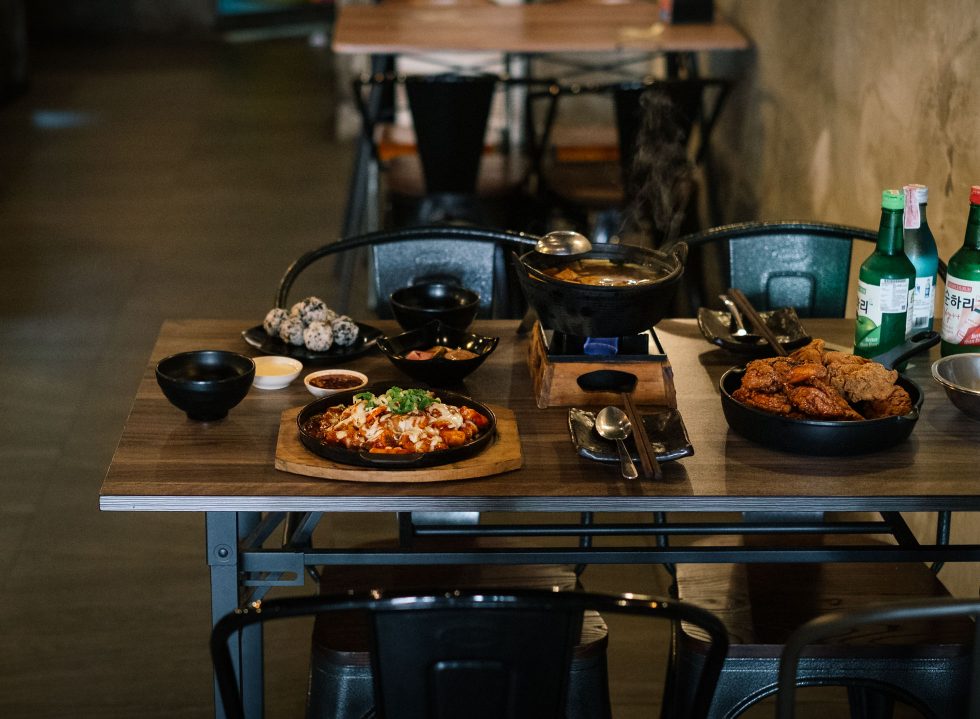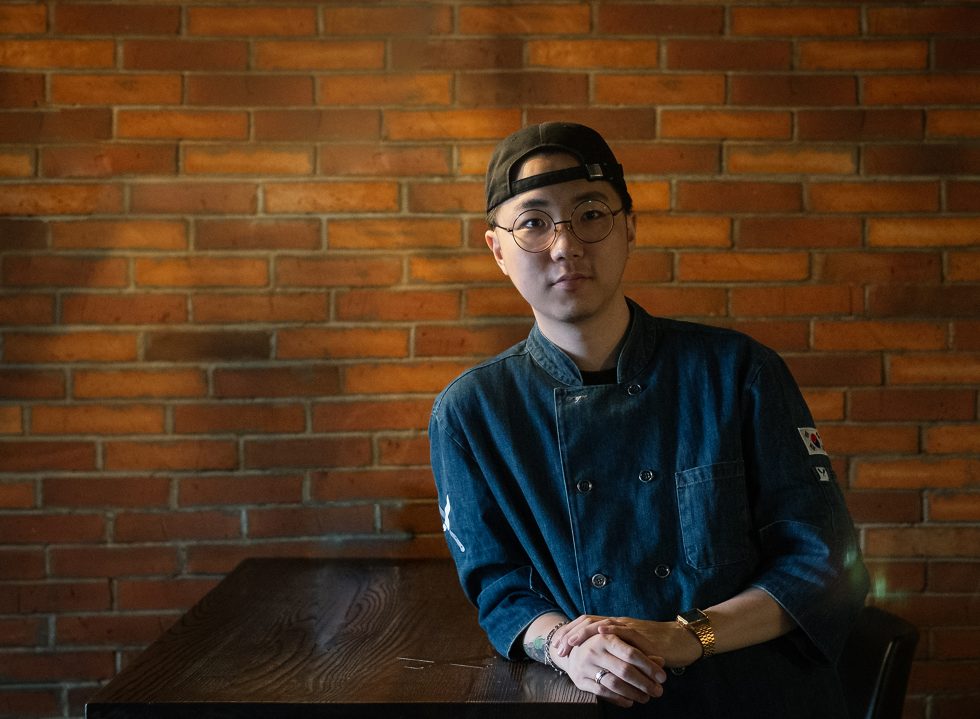It was in late 2012 when Kevin Wiyarnanda travelled to New York City for a vacation with his friends. There, he visited Williamsburg, a trendy neighbourhood in Brooklyn where some of the city’s best landmarks and pizza reside. But the trip down the borough wasn’t exactly for sightseeing. It was to check out the area around Marcy Avenue station where Big Bang, a South Korean boy group, had filmed their music video for the 2012 single, Bad Boy.
“One of my closest friends, who is a big fan of the group, successfully convinced me to accompany her there,” recounted Kevin on one of his first introductions of Korean Pop (K-Pop). Kevin, also known as rising singer VVYND, was no stranger to K-Pop acts like female groups Girls Generation and the now-disbanded 2NE1. But it wasn’t until BLACKPINK’s hit single Ddu-Du Ddu–Du that the 27-year-old went down the rabbit hole and deemed himself obsessed.
Soon after, his love for K-Pop trickled down to dramas; the first being Itaewon Class, an original Netflix series that came out in January. “I have never watched a single episode of Korean drama before this,” revealed Kevin, who has since then binged nine dramas in the span of months. “I am blaming the pandemic for my current obsession with it.”
This is Hallyu: the idea that South Korean culture has been growing in prominent influence around the world, as seen from K-Pop topping worldwide charts, Korean dramas on streaming platforms, K-Beauty trends commanding the beauty industry and Korean culinary trending left and right. Here in Indonesia, it’s the kind of force that is showing no signs of slowing down.
“The Korean Wave, both in terms of culture and lifestyle, has been well received and very relevant to the daily lives of millennials in Indonesia.” – Ekhel Chandra, external communications senior lead in Tokopedia.
K-Dramas for days
The K-Drama craze has long landed before this year’s lockdown measures. Here, it started way back in 2002 when an influx of Asian dramas came through local private TV stations; one being Autumn in My Heart starring Song Hye Kyo and Song Seung Hun, which had 10 per cent viewership ratings (2.5 million viewers). It spiralled in 2005 following the drama Full House with over 40 per cent viewership. The demand was already there.
Today, over-the-top streaming services like Netflix has become one of the significant players that have made Korean content within reach with subtitles for the global masses. The platform’s long term deal with Studio Dragon, South Korea’s largest drama production and distribution studio, further translates to the growing global enthusiasm for K-Dramas.
“We started showcasing the best-in-class stories made by Koreans or made in Korea including our first-ever made film Okja in 2017 and the first original series Kingdom in 2019. Our slate of Korean dramas continues to travel well throughout APAC and beyond,” said Minyoung Kim, Vice President of Content (Korea, Southeast Asia, Australia & New Zealand) at Netflix.
“There’s just so much love for Korean content around the world and in Southeast Asia, especially Indonesia. That is why we are committed to investing in Korea’s talented creative community. We believe great stories from Korea help us build empathy and develop a shared understanding of the world.”
Yossi Tobing, a project coordinator at an exhibition organiser company, has known Korean dramas since 2012 but never felt the push to explore it. Netflix was the game-changer, leading her to the habit of watching at least one episode of the drama she was watching per day.
But what is it about these productions that made people tick? For Yossi, it’s the tendency for Korean dramas to slip in life lesson values that resonate with herself. “Messages like don’t give up on yourself, always be confident with your abilities – basically becoming a better person,” shared Yossi. “I always manage to pick up something valuable from each episode.”
The sense of relatability that Korean dramas tend to show in their characters is also what drew Kevin in, who was initially taken aback by the length of individual episodes that can stretch to over an hour. “But it all made sense eventually. They take their time to tell their stories. They want you to be invested, as simple as that.”
There’s also the added element of music that boosts the whole drama-watching experience, which Kevin noted: “get the emotions across effortlessly”. The involvement of idols in dramas is also often the bridgehead into K-Pop and ultimately, Hallyu.
Korean food for thought
Dan Bam, a newly-established Korean eatery at Everplate cloud-kitchen in Kemang, wouldn’t have existed without its main K-Drama inspiration: Itaewon Class. The highly popular drama, starring Park Seo Joon and Kim Da Mi, has taken many by the storm for its underdog storyline and unconventional characters. But at the centre of the story is the drama’s fictional restaurant-pub, Danbam.
“There’s a quote in the drama – ‘producing a result that matches your values’ – which inspired us to start from scratch; from learning how to make hotteok to other Korean dishes,” said Randy Iskandar, co-founder of Dan Bam.
The eatery, whose mainstays include hotteok (Korean pancake), rice bowl and japchae (Korean stir-fried noodles), hopes to honour the art of what Randy described as “Korean soul food” and, in his words, “transform the Korean street food landscape through product creativity and innovation.” Their packaging is also stamped with cut-out stickers of Korean actors, like the drama’s protagonist, Park Seo Joon, and Hyun Bin from the hit series Crash Landing On You, another of the brand’s strategy to win over fellow Korean drama enthusiasts.
“From [dramas], many Korean dishes have become viral as well; notably sundubu jjigae through Itaewon Class, and jjapaguri through Parasite.” – Jun Chef, Executive Chef at 88 Korean Kitchen.
From screens to food, this is a prime example of Hallyu at work and Dan Bam isn’t the only one to have been inspired the same way. “How K-Dramas depict some important aspects of Korean culture, like their love for food and drinks, have influenced their audience to experience them firsthand as well,” shared Kevin. “I wouldn’t have ended up at 88 Korean Kitchen, Chicken Pong, or Dago for countless of after-work hangout sessions with my friends if it weren’t for how tasty Korean food looks in K-Dramas.”
This interweaving of Korean culture is something that Jun Chef, a YouTuber and executive chef at 88 Korean Kitchen in Senopati, has also observed. The Daegu-born chef was already working at a popular izakaya restaurant in Hongdae, Seoul, but moved to Jakarta in 2016 to join his colleague’s F&B business following the ripe market for Korean food in the city. “I thought people must have known them from watching dramas,” said Jun, who developed 88’s crowd favourite menu, buldak (spicy barbecued chicken dish) and signature fried chicken.
“There are also many dramas to watch on Netflix, which people started to get into during the pandemic,” observed Jun. “From there, many Korean dishes have become viral as well; notably sundubu jjigae (soft tofu stew) through Itaewon Class, and jjapaguri (Korean noodles) through Parasite.”
Bracing for K-Beauty
The momentum continues with K-Beauty, a dominating industry in the beauty scene worldwide. From popularising the ten-step skincare routine and gradient lip trend to producing innovative products like the BB cushion, Korean beauty sets turf as one of the most popular markets in Indonesia.
Social Bella – best known as the beauty e-commerce Sociolla – also took notice. Launched in 2015, the company curates local and international beauty products to expand the beauty and personal care market in the country. But for the platform, the demand has been especially strong for Korean brands, especially for COSRX, Mediheal and Ariul, who have been consistently popular amongst consumers.
“As we made the most-wanted K-Beauty brands available for everyone to access through our platform, we attracted a wider audience with more mass,” said Meythia Leony, head of brand innovation at the company. “The brands that Korean idols endorse and use, that for so long consumers can only see through entertainment content, are now within their reach.”
Erica Arifianda, a beauty editor at Harper’s Bazaar Indonesia, also attest to K-Beauty’s stride in the local market. She believes that Korean beauty resonates amongst Indonesians because their beauty standard is still within the local conception of beauty, and this relatability is seemingly perceived as “easier to achieve” in comparison to Western ideals.
“Like Korean celebrities, the majority of people here will always pine for a bright complexion. That’s why sheet masks are always so in demand,” said Erica, of how K-Beauty is faring in the country. Certain stigmas toward cosmetic treatments and surgeries have also become more lenient here. “People are more comfortable with the idea of botox and fillers. Aesthetic treatments like V-line and eyelid surgery are also sought after, while beauty clinics overseen by Korean specialists are also on the rise here.”
“Any country that is willing to invest in their entertainment industry as much as South Korea does can definitely replicate the country’s success story.” – Kevin Wiyarnanda, musician.
Of course, this progress is not without its merits, which Meythia of Sociolla attributed to South Korea’s speed in innovation and global marketing of their beauty industry. “They don’t compromise on these. We see new product innovation shared to us almost every week, and new brands coming for us for local partnership almost every day. We understand that these are also, in major part, thanks to the South Korean government’s support of their local industry.”
No end in sight
The phenomenon of BTS, the-seven-member boy band from South Korea, has been undisputable in the last two years, taking centre stage with their music that continues to break records: from being the first K-Pop act to chart on Billboard Hot 100 to being the first K-Pop group to deliver a speech about self-love at the United Nations.
Last year, tech giant Tokopedia amped up huge excitement by choosing BTS as their brand ambassador, which speaks to the transcending impact of K-Pop and Korean Wave as a whole. Their campaign banners were strutted on the walls of MRT stations and billboards all over the city, followed by the septet’s performance and interview at Tokopedia’s Waktu Indonesia Belanja event, which led to 10 million views on YouTube, number one on Twitter worldwide trends and reached nearly five million times of website visits within two hours after the event.
“As an Indonesian tech company, Tokopedia sees that the Korean Wave, both in terms of culture and lifestyle, has been well received and very relevant to the daily lives of millennials in Indonesia. Their impact on our culture was massive and can be seen from various perspectives,” said Ekhel Chandra, external communications senior lead in Tokopedia. “Easy access towards digital platforms has made Korean entertainment, including K-Pop, widely available for Indonesian audiences.”
Many local brands’ selection of Korean celebrities as brand ambassadors, such as Mie Sedap with Super Junior’s Choi Siwon and Shopee with BLACKPINK, further reflects the embracing reach of Hallyu beyond a cultural phenomenon, further cementing its place in today’s society.
Kevin, who attended BLACKPINK’s concert last year and called it “unlike any other shows that I’ve ever attended”, thinks that Hallyu is another testament that one’s country of origin doesn’t really matter in this day of age. “With Parasite winning Best Picture at this year’s Oscars, it’s very apparent that we’re only at the dawn of a global Hallyu takeover,” Kevin concluded.
“We are now – more than ever – open to quality entertainment regardless of its origin as we are heading towards a more inclusive and diverse industry. Any country that is willing to invest in their entertainment industry as much as South Korea does can definitely replicate the country’s success story.”
